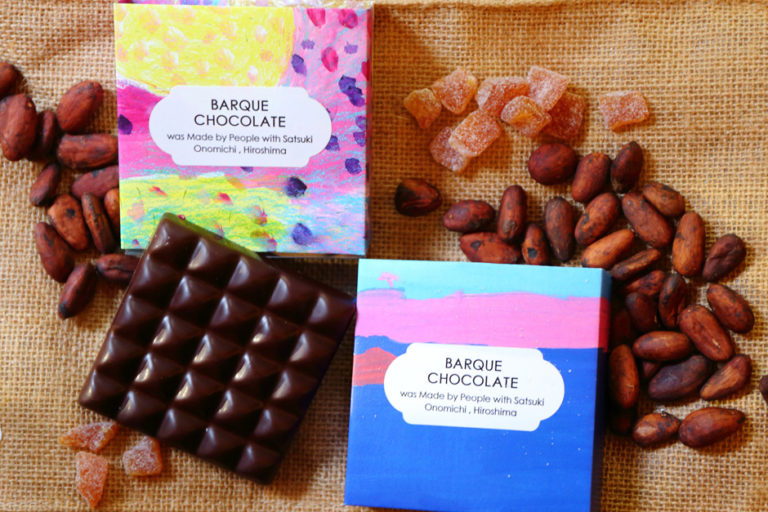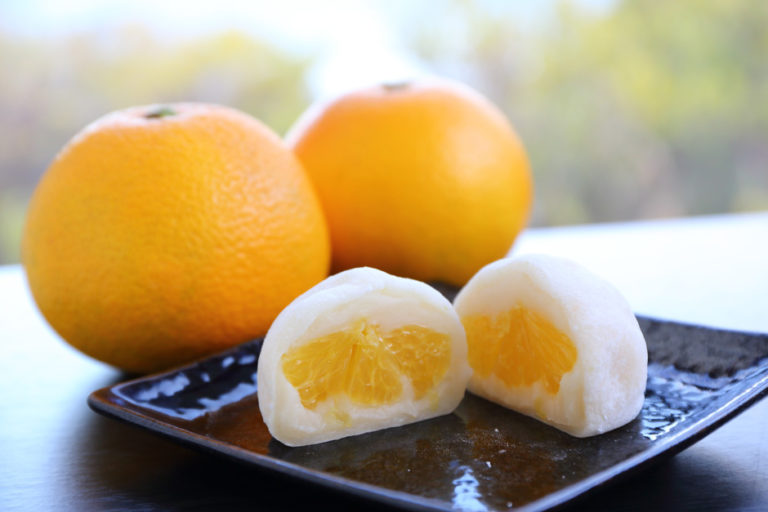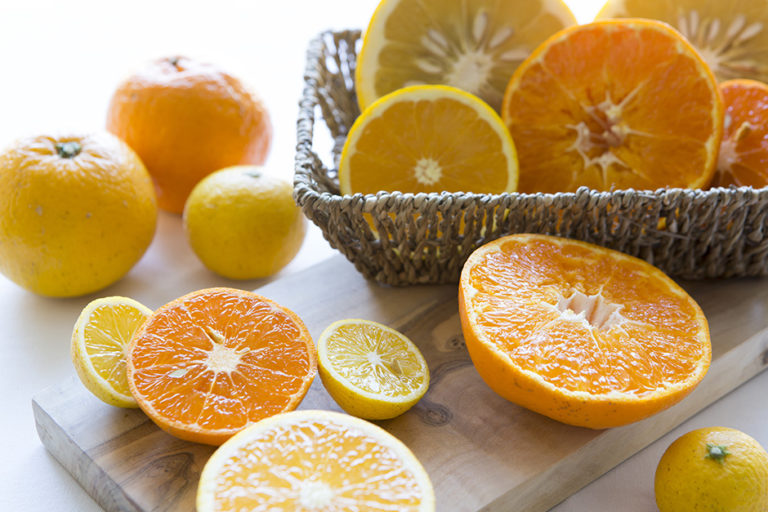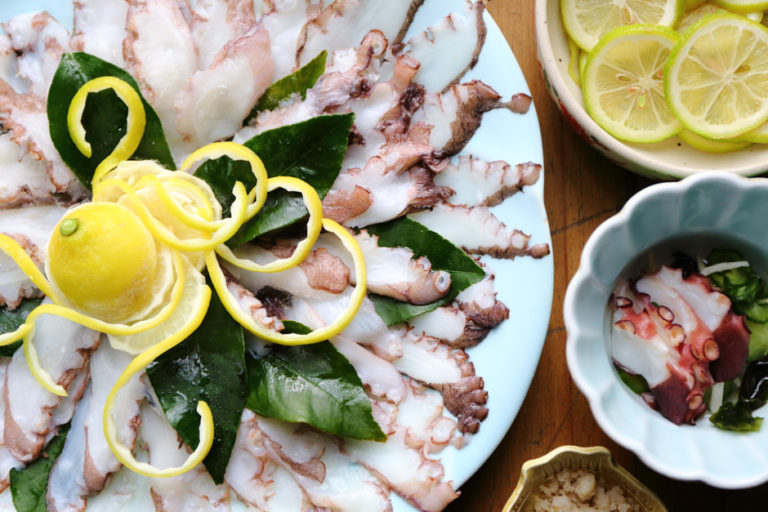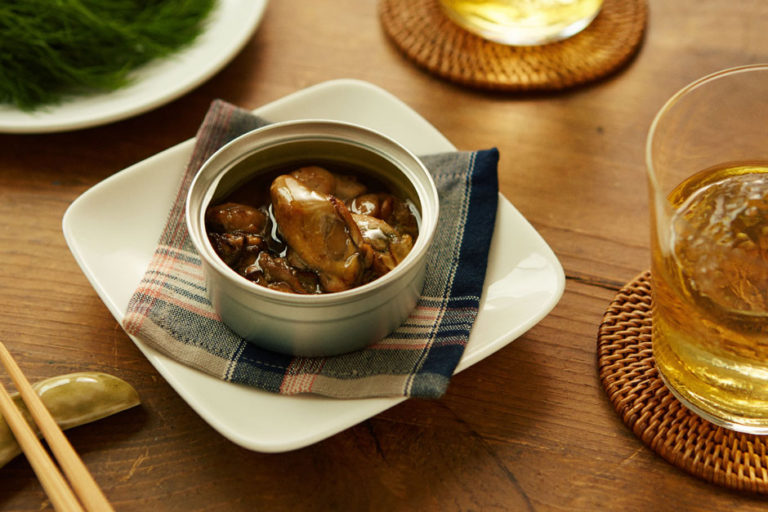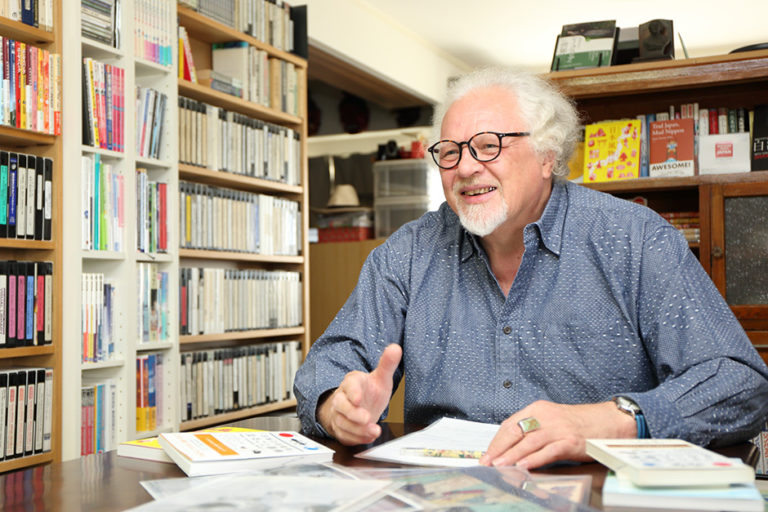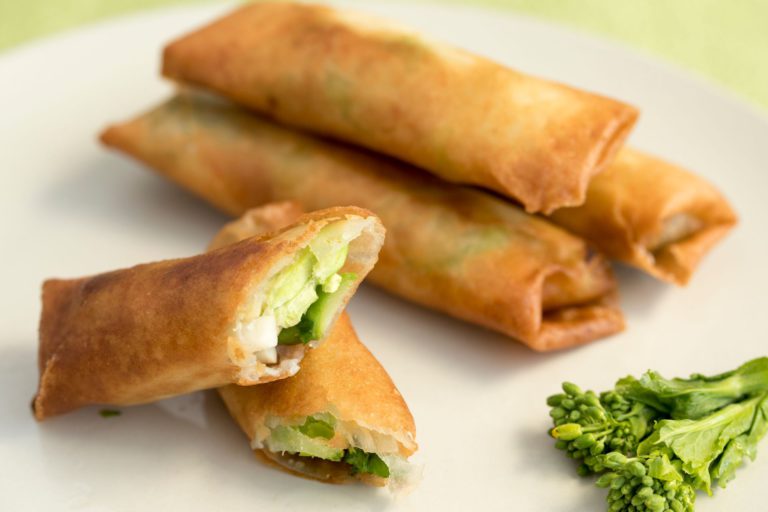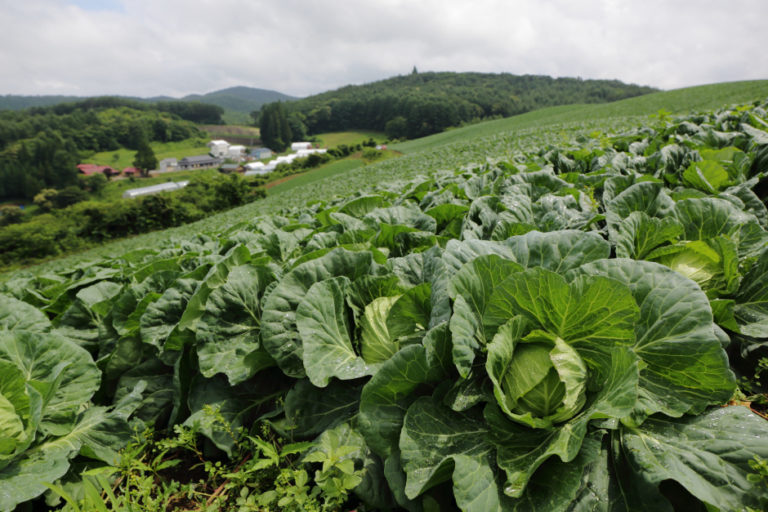Small Lemon Island Floating in the Seto Inland Sea
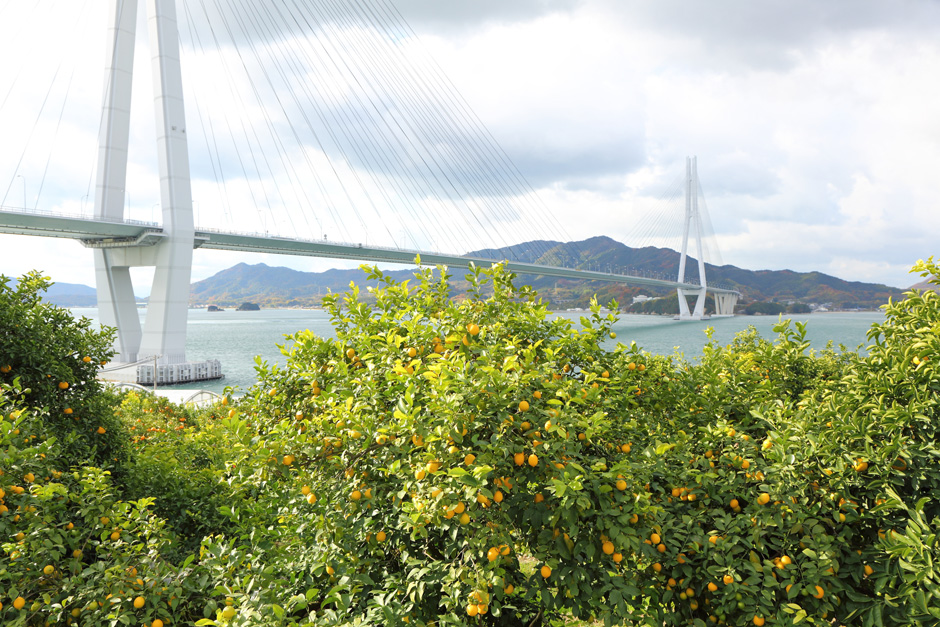
Of which, Ikuchijima, Setoda, the island Shimanami Kaido Expressway runs through, is known for being the leading producer of domestically grown lemons. From the early days when imported lemons saturated the market, local producers joined forces and started producing lemons that were both tasty and safe to eat, establishing the Setoda Lemon brand. Supermarkets, restaurants and chefs from around Japan now appreciate these lemons. In addition to producing lemons, the island also yields a wide range of lemon products, from juice to confectionery. As lemons are so deeply embedded in the island’s livelihood, the island is commonly known as Lemon Island.
Addressing consumer concerns for food safety: Farmers carefully grow eco-lemons
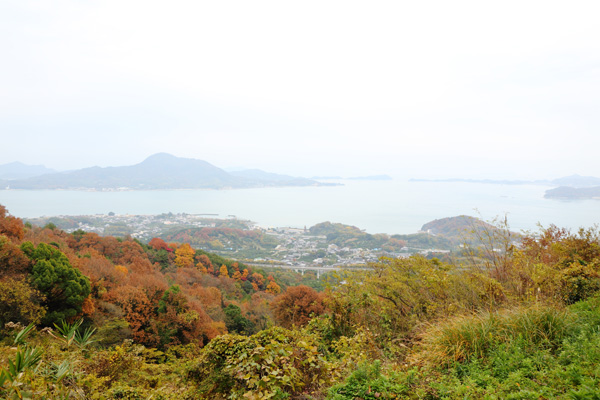
Ikuchijima, Setoda, is a small island with a population of about 9,000 people located almost at the center of the Shimanami Kaido Expressway that links Onomichi, Hiroshima Prefecture, and Imabari, Ehime Prefecture.
In Setoda, half of the land sits on slopes and gets ample sunshine. There is little rainfall in the summer, and throughout the year, the island does not get many rainy days. People say that lemon farming started as early as the Meiji period (1868–1912) because this unique, temperate climate of Setoda was perfect for it. If you visit the island in the fall or winter, you will see bright patches of yellow everywhere, as most farmers on the island now grow lemons.
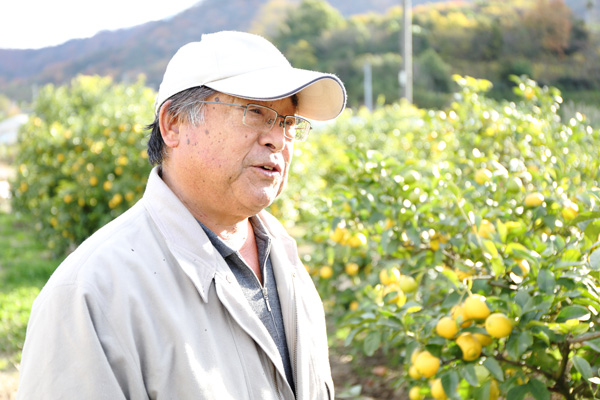
“Growing lemons does not require much work, but the environment is very important. Lemons do not survive in cold weather. They die even in temperatures below 5°C,”
said lemon farmer Masao Kubo, as he walked us through his orchard during the harvest season.
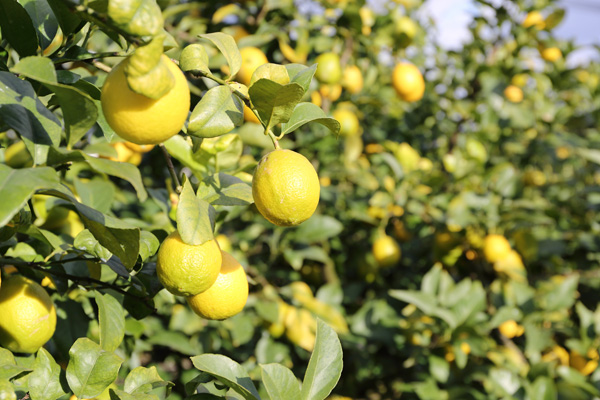
Lemon trees bloom in May, and start bearing fruit in June. In October, green lemons with a fresh scent and taste can be harvested, and the regular yellow lemons are harvested from around the end of the year to the following April. The harvest period is kept rather long because that way lemons can stay fresh until immediately before shipping. Though lemons are very acidic and do not spoil easily, Kubo’s lemons can lose freshness quickly because few pesticides are used. This means the timing of the harvest is key.
Kubo pays attention to detail in his lemon farming. When a strong wind sways the trees, the fruit can get scratched, exposing it to the possible danger of getting disease. Kubo tries to adjust the trees to make sure the fruit concentrates in the lower part of the trees, covered as much as possible with the leaves. Setoda lemons’ famous good shape comes from these efforts by the farmers.
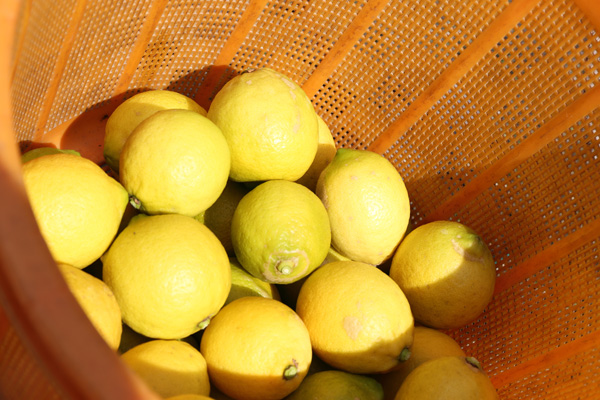
“When I pick the lemon and smell it, my fatigue instantly vanishes. It is especially great when the lemon has a good shape and color,” says Kubo, with a shy smile.
In the 1960s, the import of lemons from overseas was deregulated. Lemons filled the market, but the antifungal spray on these lemons became an issue. Ahead of other prefectures, Hiroshima certified such lemons like the ones grown by Kubo, which use no pesticides suspected of containing endocrine disruptors and as few pesticides as possible, as Eco Lemon. Apparently, Setoda explored and successfully established low-pesticide lemon farming, which then spread to the rest of Japan. The great thing about Eco Lemons is you can eat the entire skin safely with peace of mind.
Wanting to deliver the scent of lemon: Setoda’s specialty lemon cake
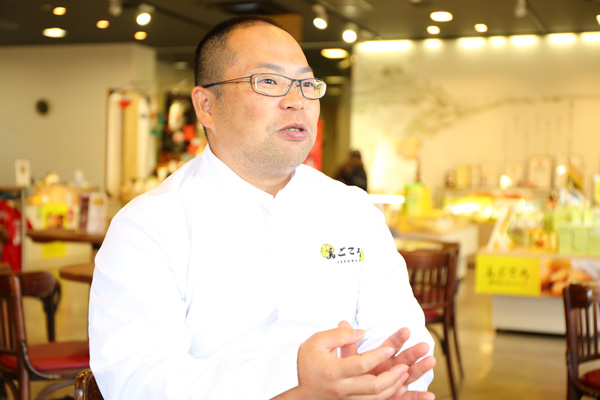
Many products are being manufactured in Setoda, using safe Eco Lemons that can be eaten whole. Notably, more than five studios are manufacturing lemon cakes, garnering attention as one of Setoda’s specialties with a great lemon scent.
We visited Shimagokoro, one of the studios.
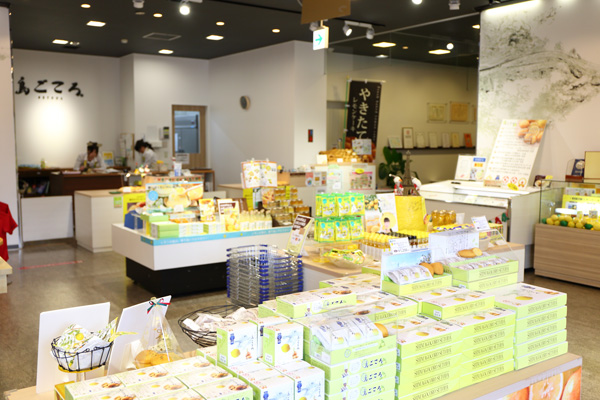
This studio manufactures the homemade lemon jam in lemon cake dough, not from the lemon fruit, but from the lemon skin. Surprisingly the skin is peeled entirely by hand by experienced staff.
“The scent of a lemon comes from a substance called limonene, which is found not in the fruit but in the lemon skin. We peel the lemons by hand because we do not want to sacrifice any of the scent. We are making lemon cakes because we just want to send the refreshing and pleasant scent of Setoda Lemon to our customers,” says Ryuzo Okumoto, representative of Shimagokoro.
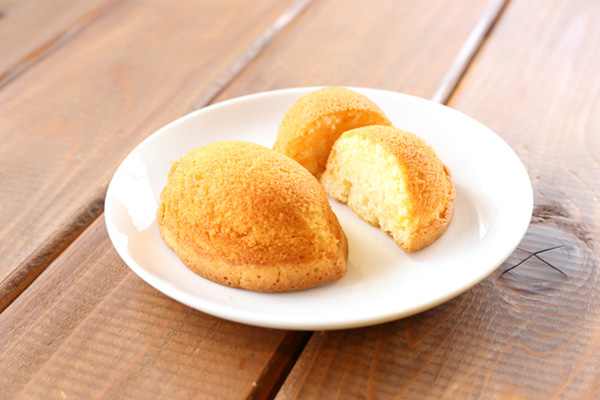
Okumoto was born and raised in Ikuchijima. He left the island for the first time at 18, and after graduating from a confectionery school in Osaka and apprenticing in Kobe, he returned to Ikuchijima to open a Western confectionery store, mostly manufacturing cake rolls. He gradually began to recognize the wonders of the Setoda Lemons he grew up with. As a result, Okumoto started manufacturing lemon cakes about 10 years ago, which have become a hot-selling item, with 3 million cakes in total having been sold since it started. Not limiting himself to making cakes, he is also proactively trying to revitalize the town with other producers and sellers, with events such as the Lemon Festival.
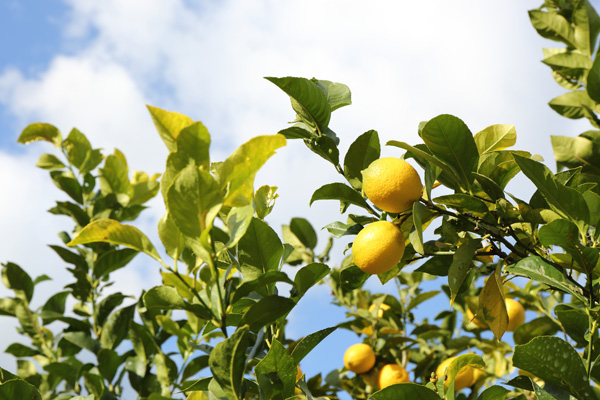
“When I had a closer look at the works of lemon farmers that I had taken for granted since my childhood, I was really surprised to see how much attention was going into it. It looks easy, but there is attention to detail everywhere. All the lemons are beautiful, maintain a certain level of sweetness and have an extraordinary scent. I can proudly say that Setoda Lemons are the best. I want to tell more people about them.”
Day after day, producers grow lemons paying careful attention to consumer concerns for food safety.
Craftsmen and women inherit the fruit and communicate the wonders of the lemon internally and externally, in ways consumers can easily identify.
The small lemon island floating in the Seto Inland Sea is thriving with the people who love the island and lemons.
Setoda lemons
Source:Masao Kubo, lemon farmer / Ryuzo Okumoto, Shimagokoro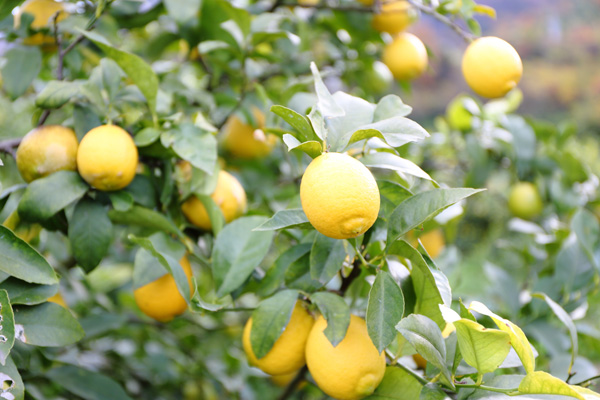
Peak Season
October–December: Green lemons
December–April: Yellow lemons
Tips
Choose lemons with a good color, shape and firm, shiny skin.
Avoid ones with a wrinkly or discolored skin.
How to enjoy them
Green lemons are best used after rubbing them a little or microwaving a little to warm them, as they tend to be hard.
The substance responsible for the scent is in the skin. When squeezing a lemon, keep the fruit face up with the skin down for a pronounced scent.


